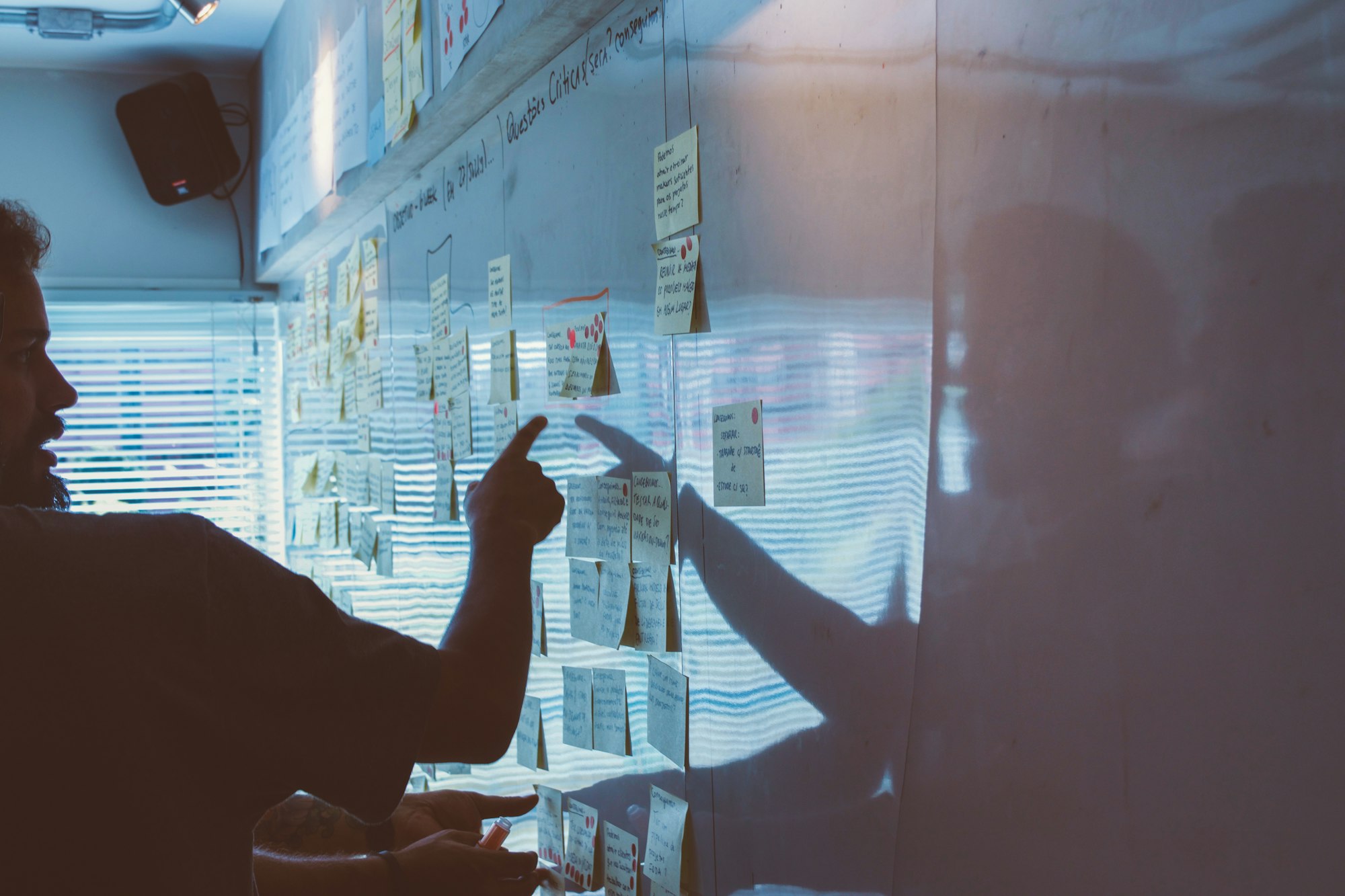Fail to Prepare, Prepare to Fail: How to Navigate Internal Interviews
7 tips to succeed in an internal interview.

Preparing yourself for an internal interview is critical for your performance. Assuming that you will be successful just because you know the people interviewing you can be a real mistake – just because they might know how well you understand the organisation and have a good track record doesn’t mean they’ll automatically choose you!
Taking a casual approach with that kind of underlying assumption can lead to a false sense of security, a lack of proper preparation, and a lacklustre interview. To ensure you get the best chance possible, you need to prepare for an internal interview just as thoroughly as you would for an external one. You need to consciously influence those making the decision that you are the right person for the job – just as convincingly as you would with strangers!
7 tips to succeed in the internal interview:
1. Never assume the decision-makers know what you bring to the role, nor the integrity of your motivation for applying for it.
Past contributions and good references are helpful, but they don’t replace a strong performance on the day. Understand the reason why you want the role, and make sure you are genuine and aligned with your career goals.
2. Research the job and the people interviewing you.
If this is to replace someone else who has moved on or been promoted, ask the decision-makers about the real challenges and upsides of the job. This will enable you to tailor your interview more closely to the job by Understanding the strategy of the organisation and how you can fit into this.
3. Prepare your evidence thoroughly.
Decide on the key areas of experience, competencies, and personal qualities most likely to be of interest to the interview panel. For each, prepare detailed examples of where you have demonstrated these, as well as your achievements, any challenges you’ve overcome and specific successes.
4. Think about why YOU would hire you.
Your point of difference will normally be about your attitude to the role and the challenge it presents. If you are competing with external candidates, make sure that you understand the department/organisation well and can convince them that you can draw on existing networks. This will mean you can adapt to the new role faster.
5. Know your reputation.
The people interviewing you may have expectations of you before you even enter the room – either because they have worked with you or heard about you from others. It is important to be aware of your reputation within the organisation (earned or unearned) so that you can play to your strengths and challenge any preconceptions.
6. Show you really want the role.
Internal candidates often forget to explain why they want the job and can be seen to lack enthusiasm. Think through what attracts you to this role and how it will help your career development and be prepared to articulate this in the interview.
7. Sell yourself.
Your enthusiasm and belief in the role and what the organisation wants to achieve must shine through. Demonstrate clearly why you think you are suited to the job and providing strong evidence of your achievements to back up your competence.
Finally, make sure that the next role is going to support your longer-term career objective - and know what conditions you need to support your own development plan. Work with your career consultant to clarify what an “ideal role” would look like for you and check any internal role against the criteria you have identified. Go into the interview knowing what you need and how much compromise you can make – for now.
It’s important to acknowledge that we won’t be successful 100% of the time, and despite doing our best, we might not always get the roles we were hoping for. You can’t control what your company is looking for, but you can control how you show up on the day: so hit them with your best shot in walk in feeling confident and prepared to vouch for yourself. Best of luck!
For more career advice, you can email [email protected] to book a meeting with a career coach.
Kaye Avery,
Clearhead Career Coach


